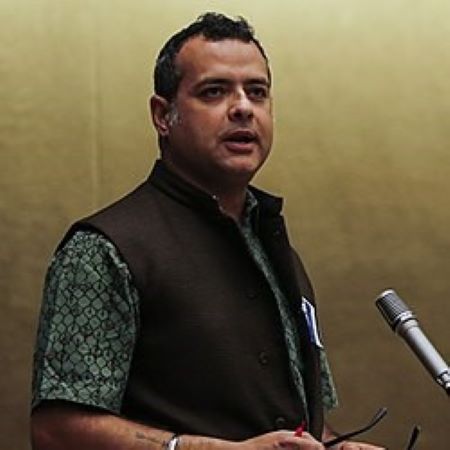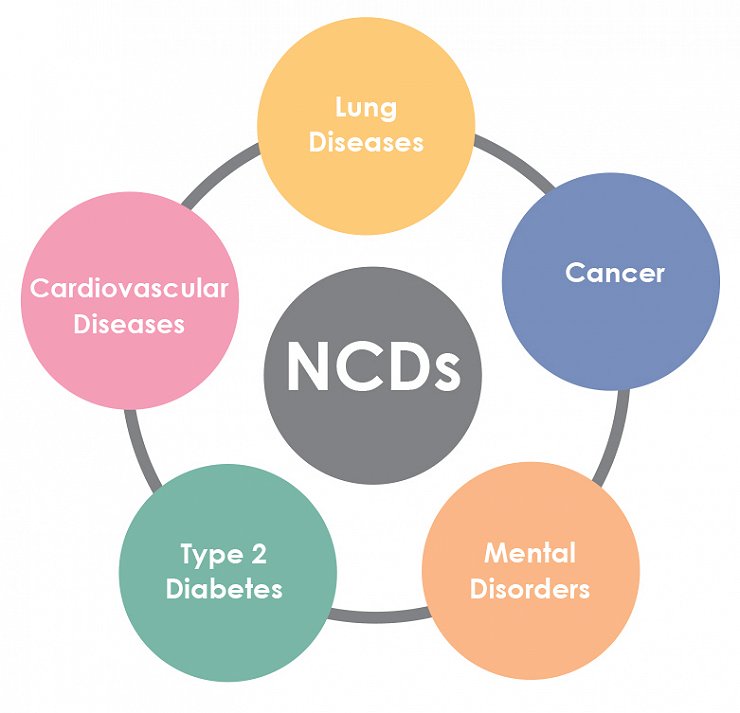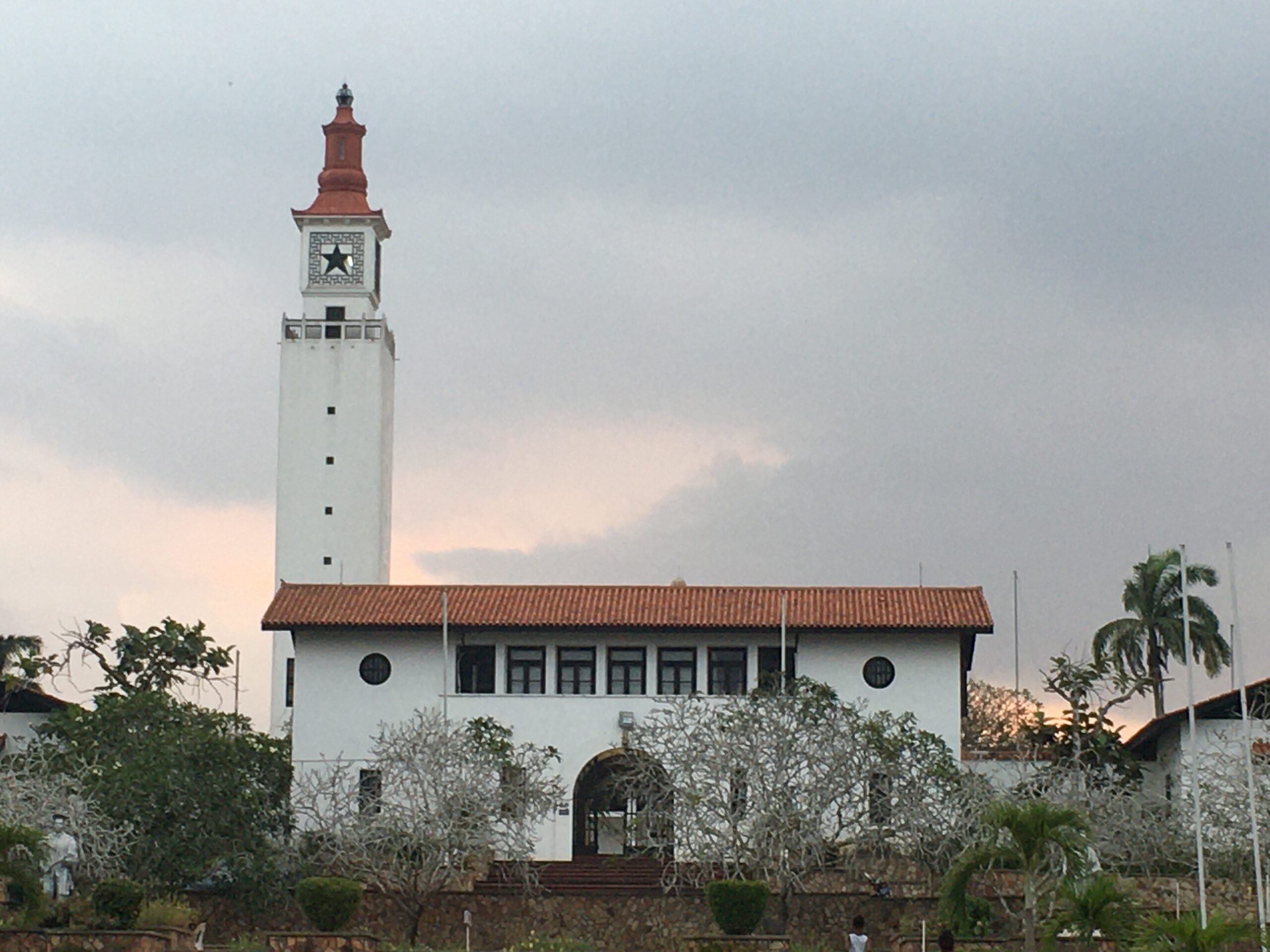
A research into experiential learning and entrepreneurship has stressed the need for universities to support alumni entrepreneurs through various entrepreneurial programmes, business incubation to accelerate business growth and reduce high graduate unemployment.
Business incubation is public or private, entrepreneurial, economic, or social process designed to nurture businesses from idea generation to companies and through a comprehensive business support programmes.
The research found out that there were a lack of adequate intentional interventions programmes to support alumni (5-10 years) to become successful entrepreneurs, which had, in a way, contributed to the increasing rate of high graduate unemployment in the country.
The global research published in the Havard review also revealed that the average age for a successful entrepreneur was 45 years.
The findings of the research, a –one-and- a-half year MasterCard Foundation partnership research-funded project, were shared at a pre-dissemination research conference organised by the MasterCard Foundation in Accra.
Conducted by Ashesi University in partnership with McGill University in Canada, the purpose of the research was to understand how experiential education impacted entrepreneurial actions, either as business start-up founders or employees in companies.
It was titled “A comparative study for institutional support to MasterCard Foundation scholars in experiential learning and entrepreneurship.”
In attendance at the conference were representatives from academia, entrepreneurial hubs, private organisations, industry players, and other relevant stakeholders.
Addressing the media on the sidelines of the conference, Associate Professor for Entrepreneurship and Innovation at Ashesi university, Dr Gordon Adomdza, decried the lack of interventions to support university alumni to help reduce the high graduate unemployment rate in the country.
According to him, although there were a few universities that had business incubation programmes to support alumni entrepreneurs, more could be done to accelerate the growth of businesses of alumni entrepreneurs.
For instance, he indicated that Ashesi university had a venture incubator that supported graduating students, and recent alumni to conduct a market research and incubate their ideas for a year, as part of their national service.
Dr Adomdza also emphasised the need for universities to create content that could engage alumni, help them grow, sustain their businesses and partner with industries.
“Right now, there are a lot of content that are being provided to students. Then there is the question of how do you curate some of these contents to engage the alumni so that they can be more successful not only for them to start a business, but also for them to sustain those businesses,” he said.
Dr Samuel Yaw Akomea, a senior lecturer at the Kwame Nkrumah University of Science and Technology (KNUST), in his keynote address implored universities to establish business incubation centres to assist budding entrepreneurs in developing their businesses and solving problems associated with it, especially, at the initial stage.
BY BENJAMIN ARCTON-TETTEY
The post Universities urged to support alumni entrepreneurial programmes appeared first on Ghanaian Times.
Read Full Story

























Facebook
Twitter
Pinterest
Instagram
Google+
YouTube
LinkedIn
RSS